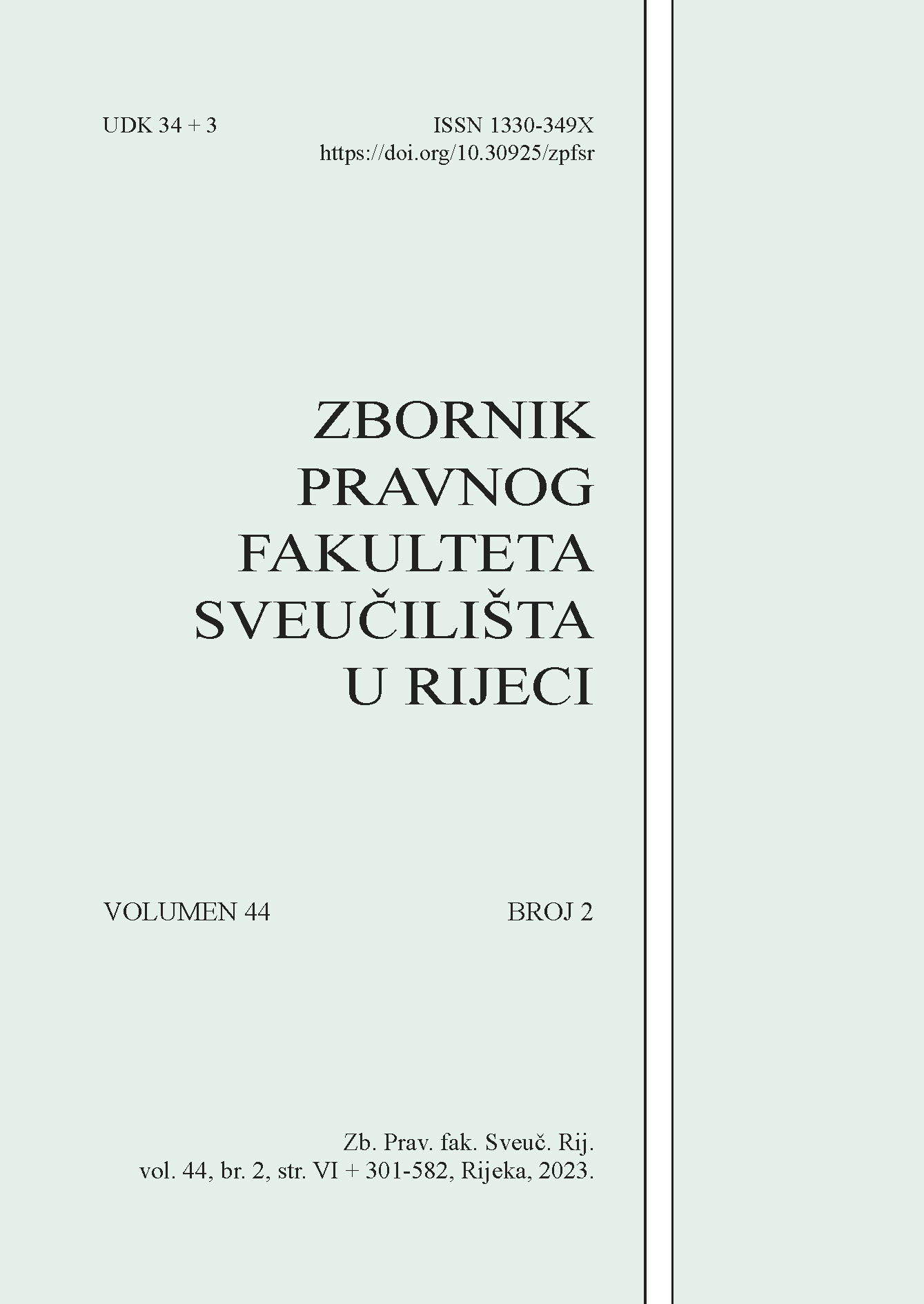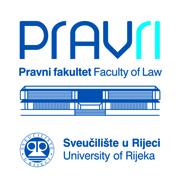Unresolved Bilateral Issues between Member and Candidate States in the Process of Accession to the EU
DOI:
https://doi.org/10.30925/zpfsr.44.2.10Keywords:
accession to the EU, the Union's fundamental values, the principle of sincere cooperation, the issue of missing and deceased persons in the Croatian War of Independence.Abstract
This paper aims to explore blocking of a country's accession to the EU by a member state which has unresolved bilateral issues with the same country. That kind of the member state's behaviour could easily be understood as an abuse of its privileged position, as well as a violation of its duty of sincere cooperation. Conversely, it can also represent an act of protection of the Union's fundamental values in the case in which a candidate country clearly does not respect those values. The final word in this sense should have the CJEU. Consequently, this paper will explore the relationship between Croatia as a member state and Serbia as a candidate country in terms of Serbia’s lack of cooperation regarding the resolution of the issue of missing and deceased persons during the Croatian War of Independence.
Additional Files
Published
Versions
- 2023-12-20 (2)
- 2023-09-15 (1)
How to Cite
Issue
Section
License
Copyright (c) 2023 Stjepan Novak

This work is licensed under a Creative Commons Attribution-NonCommercial 4.0 International License.
Collected Papers is an open access journal. Journal does not charge article processing charges (APC) to authors. It is licensed under CC BY-NC licence 4.0.
Collected Papers of the Law Faculty of the University of Rijeka" is an Open Access journal. Users are allowed to read, download, copy, redistribute, print, search and link to material, and alter, transform, or build upon the material, or use them for any other lawful purpose as long as they attribute the source in an appropriate manner according to the CC BY licence.
The papers published in "Collected Papers of the Law Faculty of the University of Rijeka" can be deposited and self-archived in the institutional and thematic repositories providing the link to the journal's web pages and HRČAK.
Upon acceptance of the manuscript for publication by this journal, the author can publish same manuscript in other journals only with the permission of the Editorial Board (secondary publication). A repeated publication should contain a notice as to where the manuscript was originally published.



